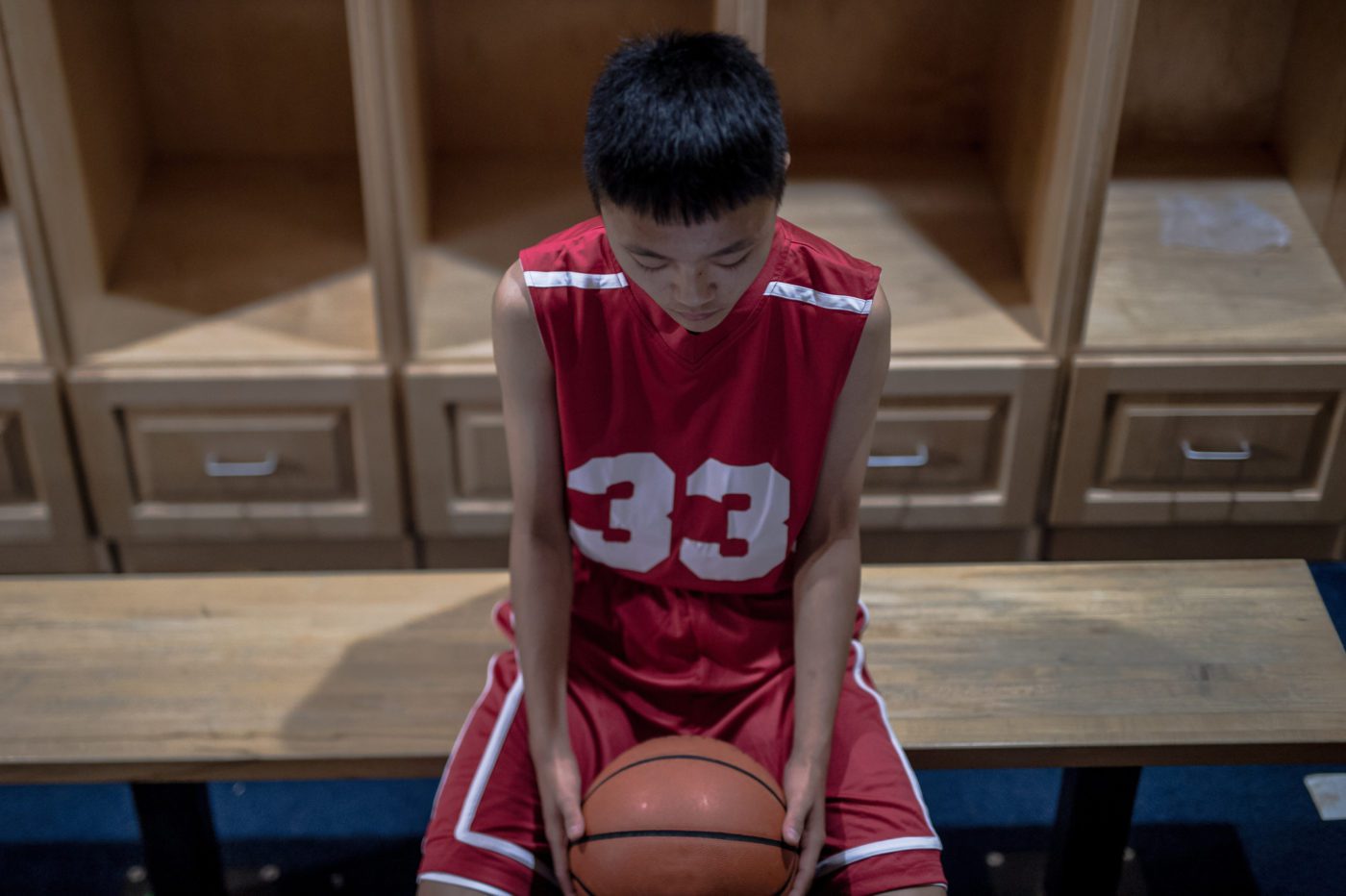The championship for our son and his teammates was in the bag, or so we thought. We had just beat a team by double digits and it didn’t seem like we broke a sweat. We started off the championship game scoring the first 10 points and built up a 23-point lead. Then things started changing. Before we knew it, we had a one-point lead with a minute to go. We couldn’t buy a basket and we kept turning the ball over. After leading big the entire game, we found ourselves down by one point with eight seconds left. We got the ball in and it ended up in my son’s hands. Although the team was playing great, he had not played very well at all. But he confidently drove to the basket against some tough defense.
He took the shot, a good and makeable shot for him, and it bounced a couple of times before rimming out. The buzzer sounded, we lost, and I could see that he felt like he failed his team. I knew this was going to be a tough loss for him, but honestly, I wasn’t exactly sure what I was going to say. After sleeping on it, I decided to talk through it with him and here’s what I learned through our conversations. These 4 dos and don’ts will help with kids and failure.
1. Don’t: Focus on the results of the failure.
I was certain that all that was going through his mind was missing the last shot and feeling like he failed his teammates, us, and himself. Yes, due to the situation of the game, making that shot would have won the championship. Missing it meant we lost. Instead of focusing on that, I chose to focus on something positive—something he did well in that situation. I told him how much courage it took for him to take the last shot, and how proud I was of him for doing so—and that because of that, I’d believe in him to take the last shot a thousand times.
With kids and failure, sometimes they fail because they won’t even try. Trying while knowing there is a risk of failure takes courage. When your kid fails at something, don’t focus on the failure; find something positive to focus on.
2. Don’t: Avoid the conversation.
As a youth sports coach, I implement something called the 24-hour rule with the parents of our players. When they have an issue or complaint, we ask them to wait for 24 hours. I followed this rule in this situation with my son. Knowing that there wasn’t much I could do or say to replace the disappointment, frustration, and sadness he was experiencing, I decided not to say anything about the game that night. However, I didn’t avoid the conversation; I just postponed it until the next day.
Dealing with our kids and failure is tough, and if we’re honest, we often avoid the conversation. When I asked my son if he wanted to talk about it the next day, he said no. I respectfully responded, “I know it’s hard and probably doesn’t feel good, but I think it’s best if we talk a little about it.” He agreed and ventured into the conversation. You and your kids may want to avoid the conversation, but doing so will teach them to avoid tough talks and tough situations, and that’ll limit opportunities to learn and grow.
3. Do: Help them see the bigger picture.
I’ve heard analysts say the NBA is a “make or miss” league. You make shots, you win. You miss shots, you lose. If my son makes the shot we win and he is the hero. If he misses, he feels like a zero. That’s not the whole picture. I knew to truly get through to him, I had to help him see the bigger picture.
We need to help our kids see the bigger picture by reminding them of times they failed and overcame. They need to be reminded of their successes, that they are still loved, and that they’ll have many more opportunities in the future.
4. Do: Allow them (with guidance) to find the lessons in it.
We cannot force them to learn the lessons. Nor can we understand the lessons for them. What I hadn’t mentioned yet was that I noticed some bad habits my son was showing on the court and with his work ethic. I knew he may experience some challenges due to them. As we had our conversation, I asked a lot of questions and pointed out some of the things mentioned above. My goal was to help him find out what he has direct control over or can directly impact. Then I tried to guide him to learn how he can do those better.
I asked him how or if he prepared for being in that situation and what he can do to give himself a better opportunity to succeed. On his own, he mentioned some of the workouts he skipped out on, and how he can practice at game speed to get used to the pressure of situations like that.
Sound off: What do you think kids need from their dad when they feel like failures?











Huddle up with your kids and ask, “What can we do when we make mistakes?”